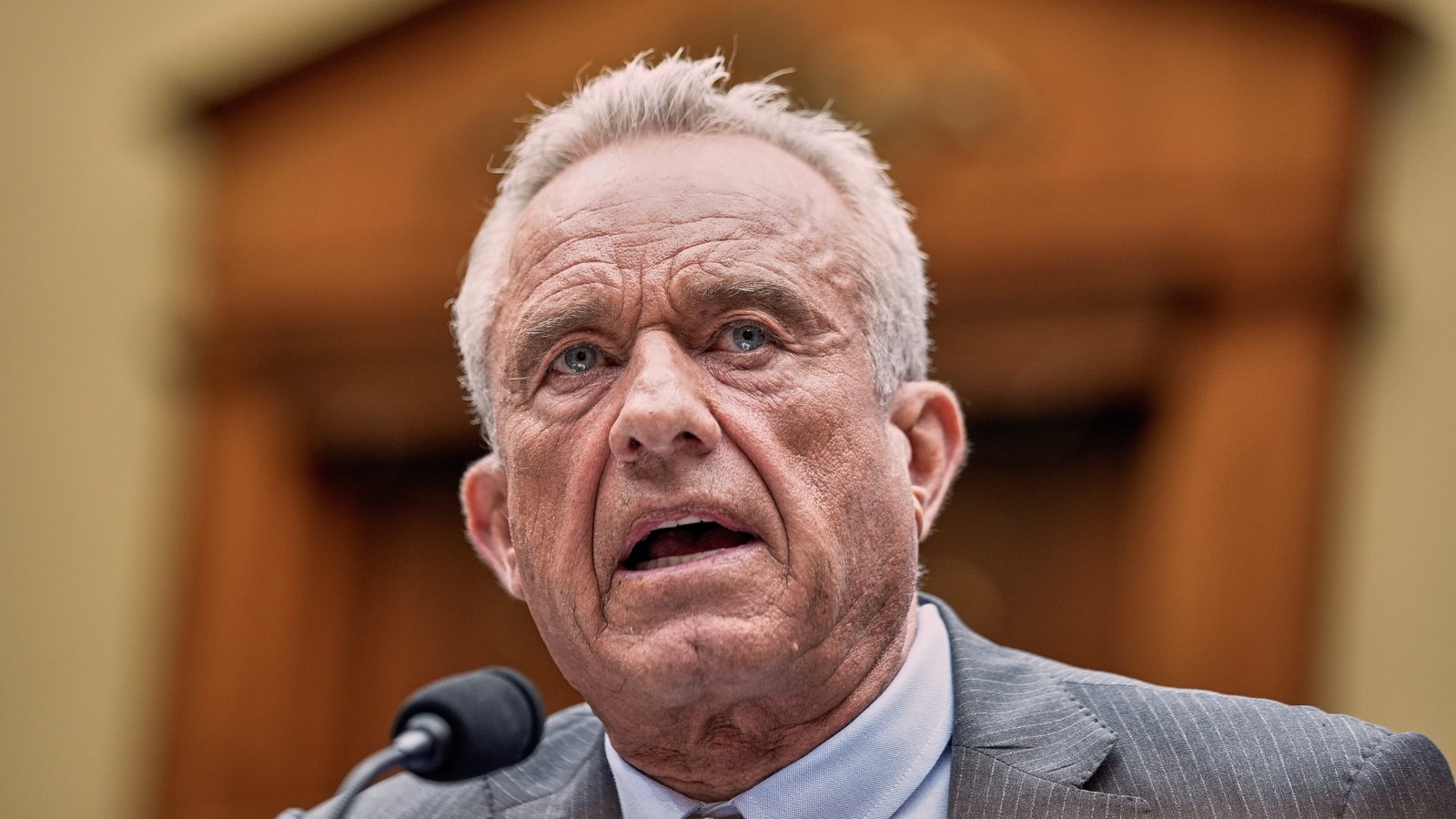Mark Levin Faces Backlash for Dismissing Gaza Starvation: 'Pre-existing Issues' Justification Sparks Outrage

Conservative commentator Mark Levin is facing a wave of criticism after seemingly dismissing the widespread starvation in Gaza by suggesting a malnourished Palestinian baby's plight was due to pre-existing health conditions. The remarks, made during a recent broadcast of his Fox News show, have ignited a fierce debate about the humanitarian crisis unfolding in the region and the responsibility of media figures in addressing it.
The controversy stems from a photograph published by The New York Times depicting a severely underweight Palestinian child. Levin, responding to the image, questioned the narrative of widespread starvation, pointing to the possibility of underlying health problems affecting the child. “You’ve got the New York Times that does a photo of this poor Palestinian kid who is all skin and bones,” he stated, “But you don’t know the history of this child. You don’t know if this child had problems before this all began.”
This stance has been widely condemned by critics who argue that it downplays the devastating impact of the ongoing conflict and the deliberate restrictions on humanitarian aid entering Gaza. Numerous aid organizations have reported dire conditions, with widespread shortages of food, water, and medical supplies. The United Nations has repeatedly warned of imminent famine if aid deliveries are not significantly increased.
“It’s incredibly callous and insensitive to suggest that a child’s starvation is solely attributable to pre-existing conditions,” said Sarah Abbas, a spokesperson for a humanitarian aid group working in Gaza. “While individual health factors can play a role, the overwhelming evidence points to a systemic crisis caused by the blockade and the ongoing hostilities.”
Levin’s comments have also been criticized for potentially undermining public support for humanitarian assistance to Gaza. Critics argue that downplaying the severity of the situation could hinder efforts to pressure governments and international organizations to provide more aid.
The situation in Gaza has been deteriorating rapidly since the conflict began. Hospitals are overwhelmed, medical supplies are dwindling, and the civilian population is facing unprecedented hardship. The United Nations estimates that over 1.5 million people have been displaced from their homes, and access to basic necessities is severely limited.
The controversy surrounding Levin’s remarks highlights the complex and sensitive nature of reporting on the conflict and the challenges of navigating the often-polarized media landscape. While acknowledging the importance of considering individual circumstances, critics argue that it is crucial to recognize the broader context of the humanitarian crisis and the urgent need for action. The debate underscores the responsibility of media figures to provide accurate and nuanced reporting, particularly when it comes to matters of human suffering and international conflict. The focus should remain on the systemic issues preventing aid from reaching those in need, rather than attempting to deflect blame onto individual cases.
As the conflict continues, the humanitarian situation in Gaza is expected to worsen, placing even more pressure on aid organizations and international actors to respond effectively. The controversy surrounding Mark Levin’s comments serves as a stark reminder of the importance of empathy, accuracy, and accountability in reporting on this critical issue.





